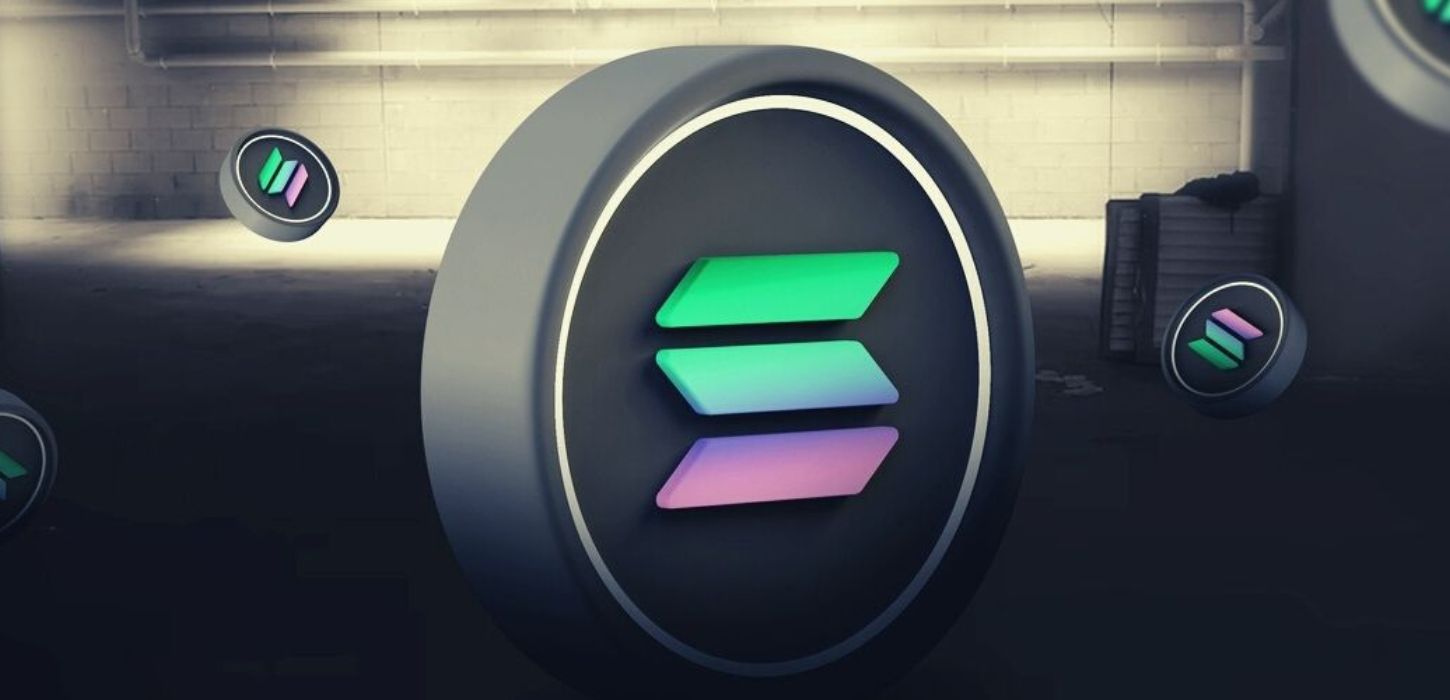Solana Rolls Out Solang Compiler, Enhances Ethereum Compatibility

Solana Labs, the entity behind Solana, has announced the rollout of the Solang compiler. The new compiler will help Ethereum Virtual Machine (EVM) developers transition to the Solana ecosystem.
The move aligns with Solana’s efforts to become more accessible with Solidity, the programming language used with Ethereum smart contracts.
A New Compiler
The launch of Solang will help developers who have worked with the Ethereum Virtual Machine (EVM) to transition into the Solana ecosystem smoothly. Solang gives developers who are familiar with Solidity, Ethereum’s primary smart contract programming language, all the tools required to write and create apps on the Solana network. The unveiling of the new compiler comes only a day after Neon EVM released a similar tool. In a statement published on its website, Solana Labs stated,
“Solana development is well known for using Rust or C for writing smart contracts, but Solana is evolving to become more accessible with Solidity, the primary programming language used for Ethereum smart contracts. Solana Labs is thrilled to announce that today you can now build on Solana with Solidity using Solang, a new compiler that helps bridge the gap between EVM developers and the Solana ecosystem.”
A List Of Features
According to the statement, the addition of more programming languages for building on Solana will see an influx of developers with broader skill sets into the Solana ecosystem. This was witnessed with the launch of Seahorse, a community-led initiative. Seahorse enables developers to write Solana smart contracts in Python, which is arguably the world’s most popular programming language. The Solang launch is the continuation of efforts to broaden the reach and appeal of the Solana ecosystem among developers.
The Solang compiler introduces an array of new features, chief among which are better compatibility with Ethereum Solidity version 0.8 and the integration of Solana SPL tokens with the Solidity language. Additionally, it also grants EVM frameworks on Solana access to the network’s built-in functionality. Other important highlights of the new Solang compiler include the ability to call other Solana smart contracts, support for program-derived addresses, enabling development with Anchor, and native Solana smart contracts.
Solana Labs has also created a beginners guide to assist developers in leveraging their existing knowledge in Solidity and tapping into Solana’s high-speed and low-cost network. Using the guide, developers can easily set up their development environment, create and test their first smart contract, and then deploy it on Solana. Development on the Solana network has typically been around programming languages such as Rust or C, used to script smart contracts.
Growing Efforts To Improve Ethereum-Solana Compatibility
Solang’s launch, coupled with Neon EVM’s release, highlights the growing and continuous efforts to improve compatibility between the Solana network and Ethereum. Like Solang, Neon EVM’s computing environment allows developers to write and create Ethereum applications on top of Solana. The implementation utilizes a smart contract built on top of Solana and deploys the Ethereum Virtual Machine (EVM) code, which was not previously possible on the network.
Apart from providing access to the Solana network, Neon EVM also looks to help Ethereum applications to take advantage of functionalities that are native to Solana, such as parallel execution of transactions. At the time of its launch, the director of the Neon Foundation, Marina Guryeva, had stated,
“We are very excited to see Neon EVM live on Solana Mainnet. Once we repeat these tests in production, we will present the figures based on real-world data.”
Solana’s Foray Into AI
Solana had recently made a significant announcement, officially integrating a ChatGPT plugin developed by Solana Labs and marking the official integration of AI into the network. AI has seen significant interest from big and small players in the crypto space. The Solana Foundation revealed that the integration would help users interact with the Solana network directly through ChatGPT.
“This integration from Solana Labs serves as a reference for how AI can make it easier to understand Solana data and protocols or surface data about Solana’s computing infrastructure and DeFi projects.”
Disclaimer: This article is provided for informational purposes only. It is not offered or intended to be used as legal, tax, investment, financial, or other advice.




